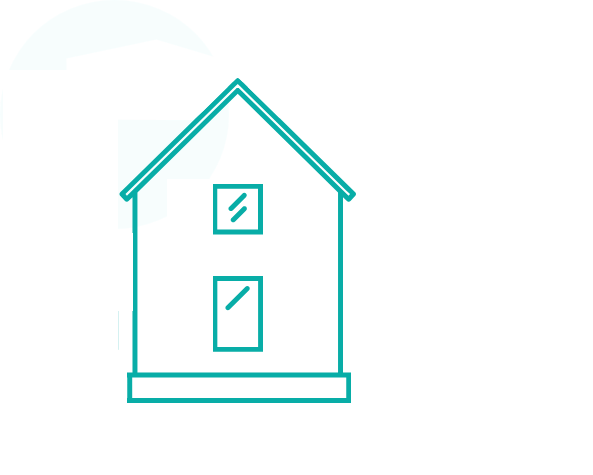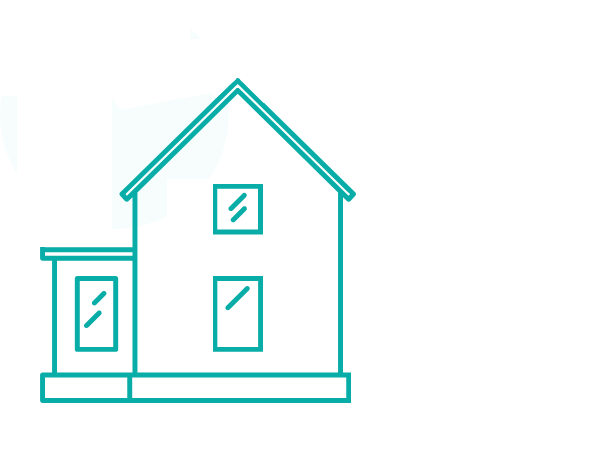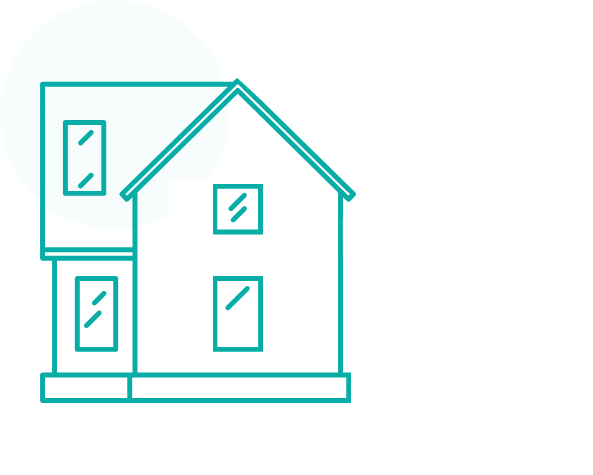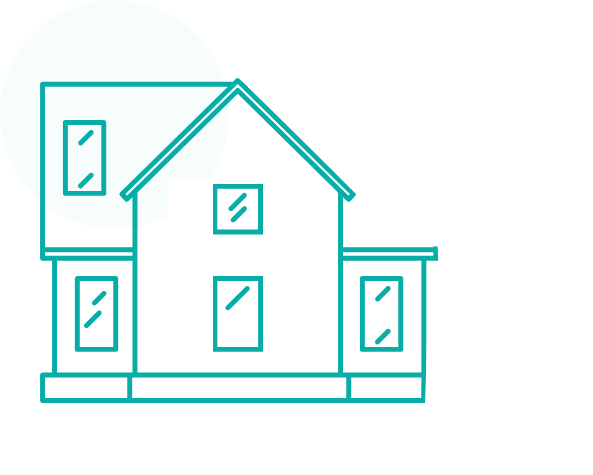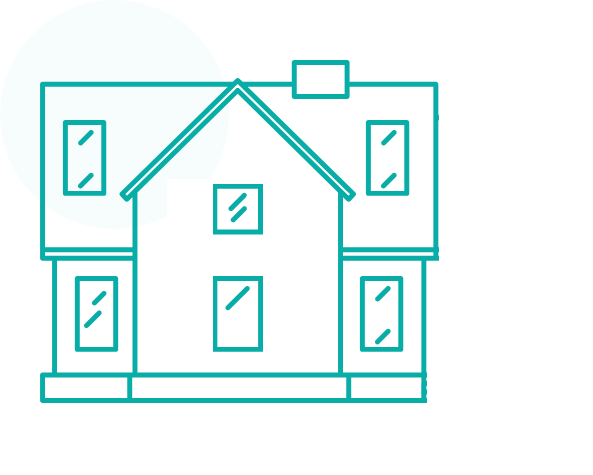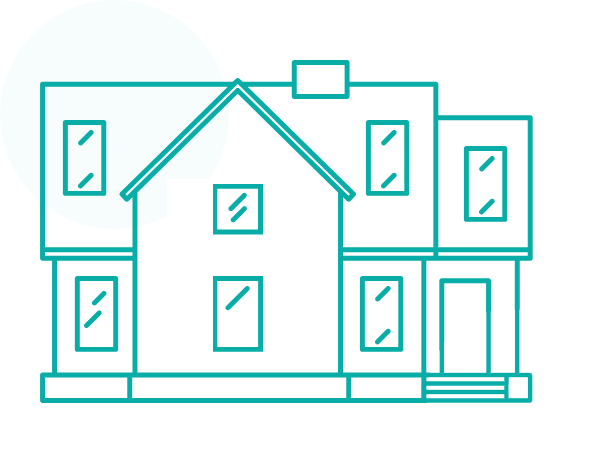It’s important to understand how important budgeting is while renting a property. It makes sure you have money, gives you the ability to make wise decisions, and makes renting a more satisfying experience. We’ll discuss the importance of budgeting for renting in this blog, along with some useful tips and strategies. We’ll go over important factors, such figuring out budget and adding extra expenses. We’ll also go over some wise budgeting advice, emphasising how to prioritise financial planning and maximise spending. This guide attempts to provide people with the information to make financially good decisions and confidently navigate their rental experience by thoroughly discussing budgeting aspects related to renting.
When considering the costs associated with renting, it’s essential to recognize the diverse range of expenses that tenants might encounter. Here’s a list to help you understand through some concepts related to this topic:
A Small Glance on Fixed Costs for Budgeting for Renting
- Rent: The primary fixed expense, usually paid monthly to the landlord.
- Security Deposit: Usually equalst to one or two months’ rent, held as security against damages or unpaid rent.
- Rental Insurance: Often mandatory or advisable, covering liabilities and protecting personal property.
What About the Variable Costs?
- Utilities: Such as electricity, gas, water, and internet, which might vary monthly based on usage.
- Parking Fees: If needed, additional costs for parking spaces.
- Maintenance Fees: In some cases, landlords or property management may charge maintenance or service fees.
Don’t Forget About the Unexpected or Miscellaneous Expenses!
- Repairs: Unforeseen damages or repairs not covered by the landlord might become the tenant’s responsibility.
- Moving Costs: Include expenses related to hiring movers, purchasing packing materials, or transportation.
- Late Fees: Incurred if rent payments are late, emphasizing the importance of timely payments.
Understanding these different costs is essential for effective budgeting while renting. Variable and unexpected expenses necessitate flexibility and an emergency reserve for reducing future financial constraints, while fixed costs provide assurance. All of these expenses should be included in a proper budget to guarantee that you are financially prepared for the duration of the lease.
Now let us look at some strategies that could be helpful in better planning your stay!
-
Evaluate Your Income and Expenses
Test your monthly revenue first. Include any regular sources of income, such as side jobs, salaries, and earnings. Next, make a list of everything you currently spend money on, including debt repayment and needs like groceries, utilities, and transportation. Understanding your monetary spending and receipts is essential for creating a successful budget.
-
Calculate Affordability
Calculate how much of your income you can afford to pay for rent. About thirty percent of your salary should go towards housing expenses, such as rent and utilities, according to financial experts. Calculate the highest monthly rent payment you can afford by using this standard.
-
Factor in Additional Rental Costs
Take into account additional costs related to renting, apart from the rent itself. Pay attention to security deposits, utilities, parking costs, rental insurance, and any maintenance costs. You may see your entire housing costs in one complete view by adding these to your expected monthly rent.
-
Prioritize and Adjust Your Budget
Set aside a portion of your leftover income for savings, groceries, and other necessities like transportation. Make sure needs come before wants. If needed, make adjustments to your budget by reducing non-essential spending to keep rental payments within your means.
-
Build an Emergency Fund
A portion of your income should be put aside for an emergency fund. cash strain can be avoided by keeping an emergency fund in case of unforeseen expenses like repairs or sudden job losses.
-
Track and Review Your Budget Regularly
Keep a close eye on your spending habits and make sure they line up with your budget. As needed, make adjustments to make sure you don’t go over your budget. To efficiently track spending, think about utilising spreadsheets or budgeting applications.
-
Consider Roommates or Shared Housing
If you have roommates, you may be able to split the cost of the rental if money is tight. This choice can lower individual housing costs a lot, increasing affordability.
-
Negotiate and Plan Ahead of Time
Think about negotiating features like included utilities, rent increases, or potential long-term lease savings when you speak with the landlord about the conditions of the lease. Getting organised in advance can help you land a better rental deal.
-
Review Budget on a Timely Manner and Adjust
You should periodically review and adjust your budget as circumstances change. Changes in your life, such a new job, higher bills, or variations in your income, might call for adjustments to your budget. Tenants can make a well-organized rental budget by following these guidelines, which will help them stay within their means and pay for all related housing costs. In addition to assuring financial stability, efficient budgeting makes renting a property more pleasant and stress-free.
Frequently Asked Questions about Budgeting for Renting
-
How much should I budget for rent as a first-time renter?
Try to set aside about 30% of your monthly income for rent as a general rule of thumb. This percentage makes sure that your home expenses stay within your means. Take this minimum into account when figuring out how much rent you can afford in total.
-
What are the initial costs associated with renting an apartment?
One-time expenses prior to moving in are included in the initial price. These usually include the first month’s rent, a security deposit (which is sometimes equal to one or two months’ worth of rent), and any additional costs for credit checks or rental applications. It’s important to budget for moving expenses, which may include hiring movers or buying packing supplies.
-
How can I save money while renting?
To save money while renting, think of these strategies:
-
- Manage utility costs by practicing energy efficiency and being mindful of water and electricity usage.
- Save on furniture and essentials by buying secondhand or during sales.
- Bundle services like internet and cable for potential discounts.
- Shop around for competitive rates when purchasing renter’s insurance.
-
What should be included in a monthly rental budget?
After rent, a monthly rental budget should cover various expenses:
- Utilities such as electricity, gas, water, and internet.
- Groceries and household supplies.
- Transportation costs.
- Entertainment and personal expenses.
- Renter’s insurance premiums.
- Contributions to an emergency fund for any unexpected expenses.
Review and make sure to adjust your budget periodically to adjust any changes in expenses or in your income.
Understanding these elements facilitates first-time tenants in creating an efficient budget that accounts for both first expenses and ongoing monthly bills, making sure for financial preparation and stability over the rental duration.
Smarter Property Management
Find the best Rental Property Management Software in Canada. Transform your Rental property into a cash-generating asset with our user-friendly property management software solution.
Conclusion
To sum up, creating a budget for rent is important to achieving both financial security and a satisfying rental experience. A balanced budget is guaranteed by knowing your income, establishing affordability boundaries, and taking into consideration all related expenses. Tenants who are financially prepared may manage unexpected costs, keep a healthy savings protection, and comfortably afford their monthly bills. Effective budgeting also helps people develop sound financial practices and gives them the confidence to make wise decisions, which guarantees that renting will always be a fulfilling and sustainable part of their lives. In the end, having enough cash helps you feel more at ease and makes renting a safer and more comfortable experience.
Use these tips to get started on your rental budget journey right now. A well-organized budget provides both financial security and a more enjoyable rental experience. Together, we can create a helpful community that makes everyone’s rental experience better by exchanging knowledge. Your help helps a lot in helping others with their rental budget planning!





